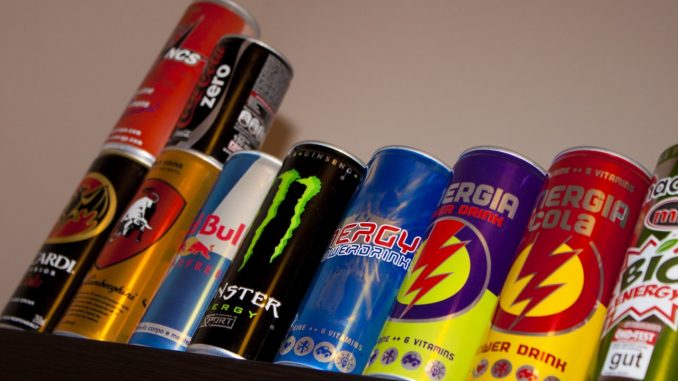
Lithuania on Saturday enacted a ban on selling energy drinks to anyone under 18, in what officials claimed was a global first. “It’s a revolutionary development the world over: we didn’t find a single other country to have this kind of ban,” health ministry official Almantas Kranauskas told AFP. “Most countries only have recommendations. We are the first.”
RT reports: “Violators who sell the drinks to minors will face a fine up to 400 litas (US$144), while underage buyers will have to pay up to 200 litas ($72), according to the law.

BYPASS THE CENSORS
Sign up to get unfiltered news delivered straight to your inbox.
You can unsubscribe any time. By subscribing you agree to our Terms of Use
Latest Video
The restrictions apply to non-alcoholic energy drinks containing more than 150 milligrams of caffeine per liter, according to local media.
The Seimas of Lithuania unanimously adopted the ban in May following a vote, with only six people choosing to abstain. The amendments were initiated by Dangute Mikutiene, Labor Party’s MP and the chairwoman of the parliamentary Committee on Health.
The Baltic state’s government justified the strict actions by citing health concerns. Lithuania’s officials said that a high concentration of caffeine may lead to addiction and hyperactivity among adolescents. The parliamentarians added that according to scientific studies, energy drinks may encourage teenagers to try drugs.
Kranauskas told AFP that according to a recently conducted survey, 10 percent of school-aged Lithuanians drink energy beverages.
Numerous studies have pointed to the risks posed by the consumption of energy drinks by adolescents.
“Some teens and even young adults are finding themselves in an emergency room after regularly consuming these popular beverages,” according to research conducted by Rutgers Biomedical and Health Sciences last year.
Meanwhile, a study commissioned by the European Food Safety Authority in 2013 revealed that youths are more inclined to consume energy drinks than adults. The study found that 68 percent of adolescents in Europe aged 10 to 18 years old drink such beverages.
Experts from the World Health Organization (WHO) warned in October that high-caffeine energy drinks are being widely consumed by young people, and that that such drinks were being “aggressively” marketed to children.
WHO researchers have also urged the introduction of stricter regulations, such as the “restriction of labeling and sales of energy drinks to children and adolescents.”
Energy drink producers have argued that they don’t market to children, adding that their products typically contain less caffeine than a Starbucks coffee.
“This solution to this non-existent problem is just a waste of time for businessmen and state institutions,” Remigijus Senavaitis of the Lithuanian Free Market Institute told AFP.”


